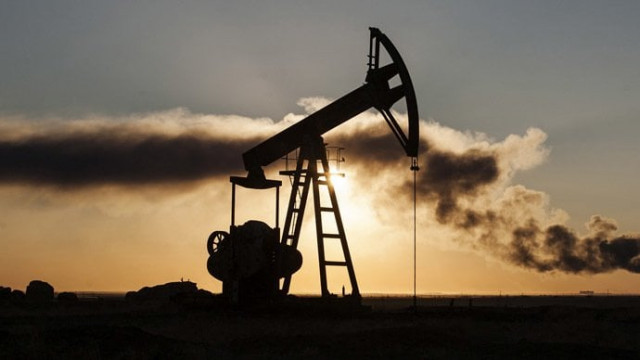Iran oil chief hands NIOC’s rein to trusted ally
Hoping to attract much-needed foreign investment

Hoping to attract much-needed foreign investment. PHOTO: AFP
Iran has pledged to open up its lucrative oil reserves, the world’s fourth largest, although hard-line rivals of reformist President Hassan Rouhani have opposed the new contracts, saying Iranian natural resource reserves cannot be owned by foreigners.
The new deals, known as Iran Petroleum Contracts (IPCs), follow the lifting of Western sanctions in January and would end a system dating back more than 20 years under which foreign firms were banned from owning stakes in Iranian companies.
Iran last week selected several local firms, which can become partners of Western oil companies and on Monday, Zanganeh pledged to tender 10 to 15 fields under new deals as early as this summer.
Oil majors insist these must be more attractive than the loss-making contracts of the 1990s. The change follows the naming this month of Zanganeh’s trusted ally Ali Kardor as head of the National Iranian Oil Company (NIOC), replacing Rokneddin Javadi who had held the post since 2013 and has been made deputy oil minister for supervising hydrocarbon resources.
Iranian and industry sources say the NIOC reshuffle is aimed at boosting oil exports and getting some deals in place ahead of Iran’s 2017 presidential election as an internal political power struggle intensifies.
“There has been a lot of pressure on Zanganeh for not doing much to bring new oil investments as quickly as promised and until now the new contracts are still being drafted,” said the oil executive.
Kardor, who was earlier NIOC’s director of investment and financing, is “one of Zanganeh’s old guard”, a senior non-Iranian oil executive with close contacts to Iran said. Because of his background in finance, Kardor’s appointment is meant to show that Zanganeh is serious about attracting much needed oil investments quickly, sources told Reuters.
Iran’s new oil and gas contracts are a cornerstone of its plans to raise crude production to pre-sanctions levels of four million barrels per day (bpd), and the OPEC member has said it needs $200 billion in foreign money to reach the goal. Iran sits on the world’s fourth largest oil reserves just behind Venezuela, Saudi Arabia and Canada.
Published in The Express Tribune, June 28th, 2016.
Like Business on Facebook, follow @TribuneBiz on Twitter to stay informed and join in the conversation.



















COMMENTS
Comments are moderated and generally will be posted if they are on-topic and not abusive.
For more information, please see our Comments FAQ